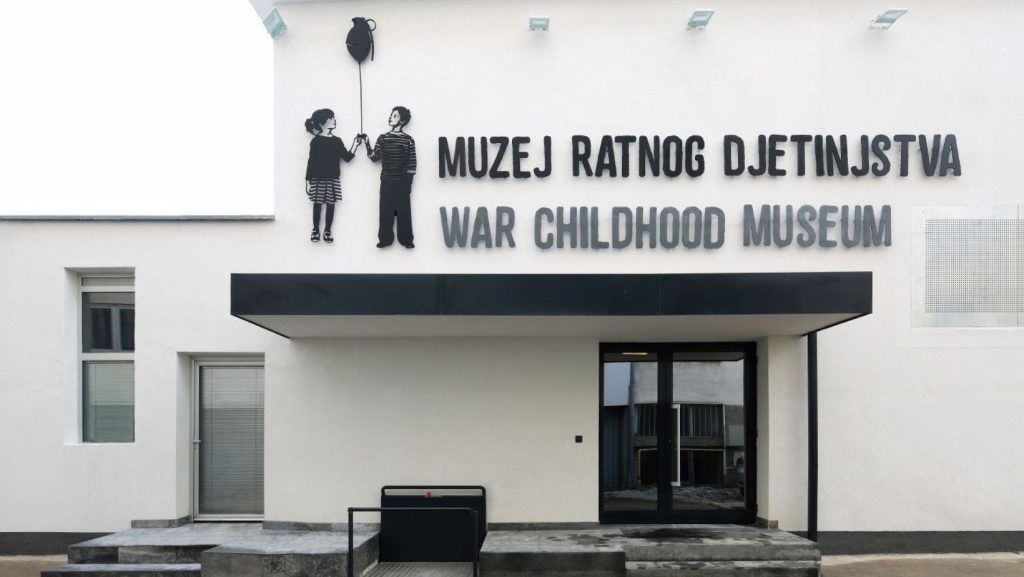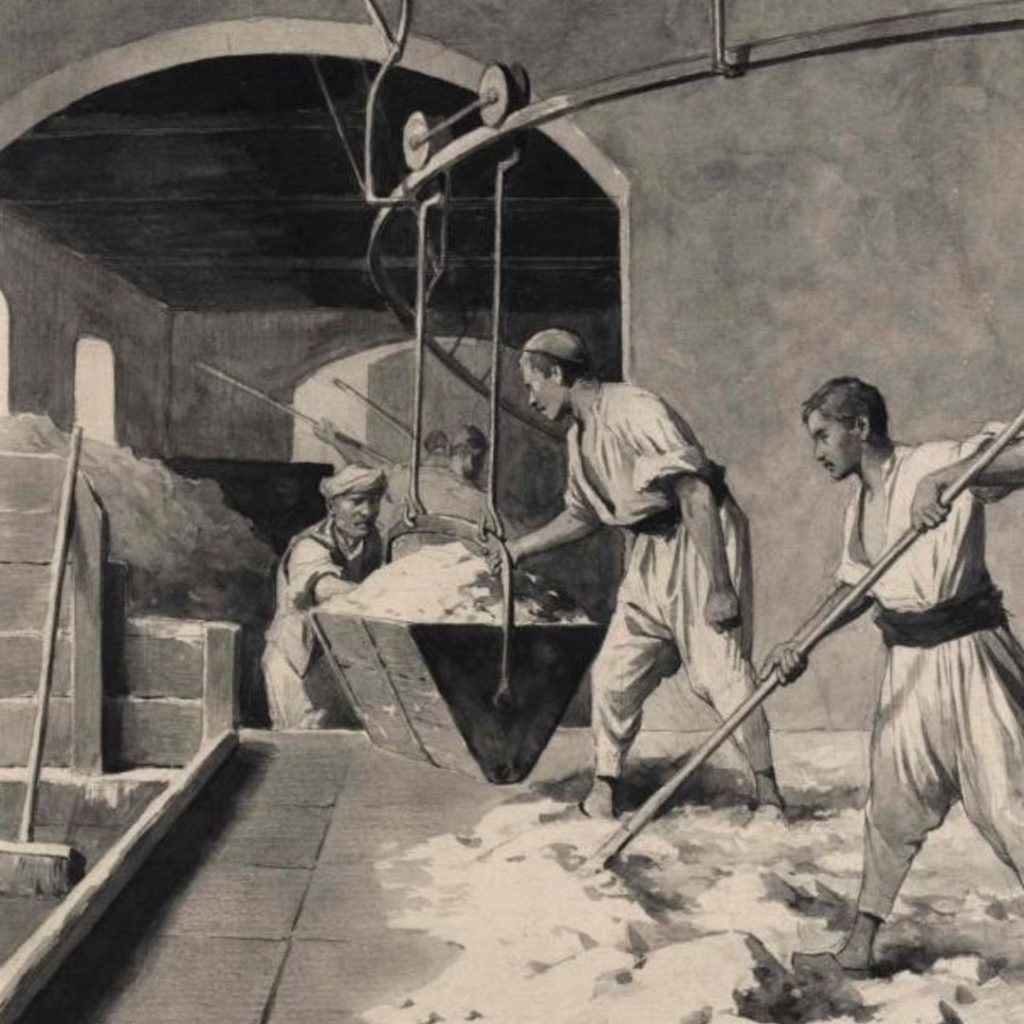
With a remarkable 136-year history in industrial salt production, Solana Tuzla proudly stands as one of the oldest companies in Bosnia and Herzegovina, holding the prestigious title of the country’s oldest food industry.
Beyond its longevity, what sets Solana Tuzla apart is its innovative approach to salt production through the “closed-loop” principle, ensuring complete protection against potential external influences and contamination.
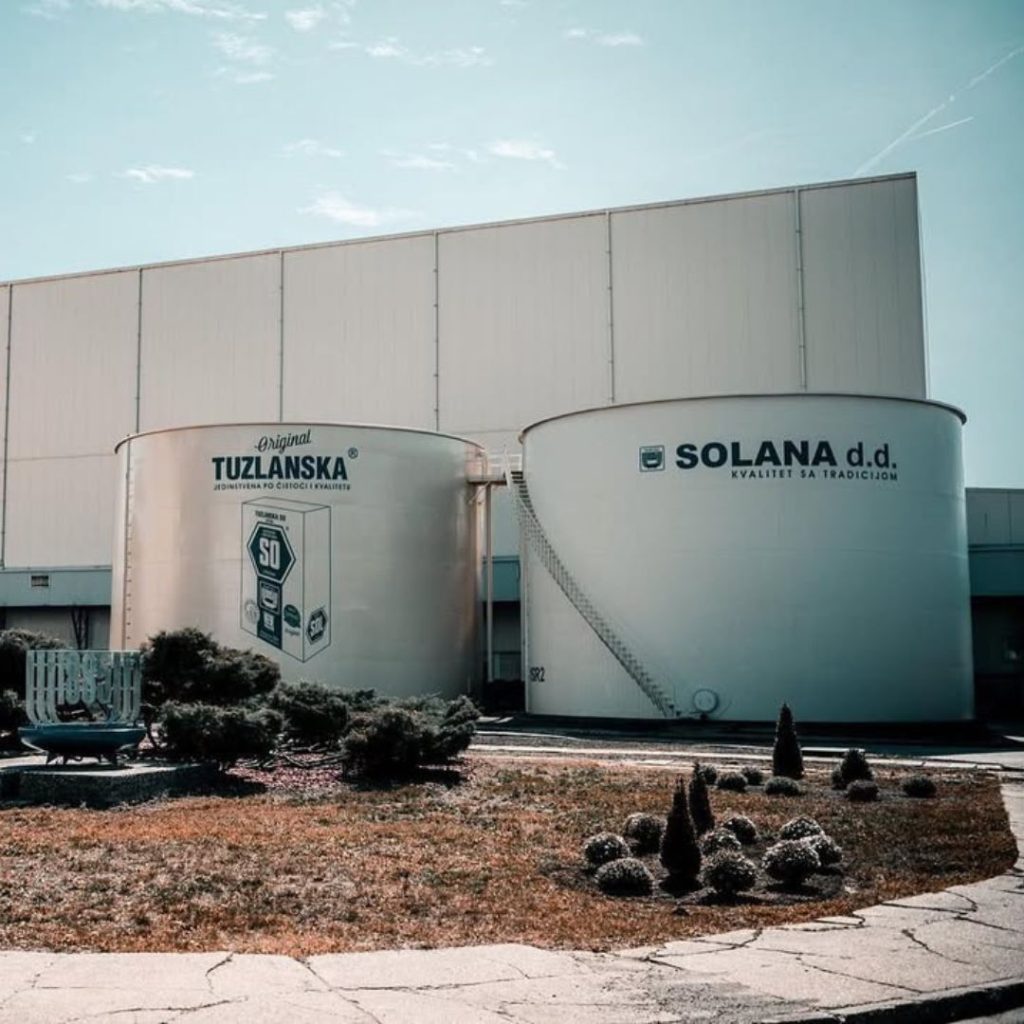
A visit to the Salt Museum, located within the premises of Solana Tuzla, provides insight into the complex process of salt production. Established in 1975 as an integral part of the factory, the museum not only preserves the tradition of salt-making and industrial heritage but also serves as a key location that revives the historical cycles of development in one of the oldest cities on the Balkans – Tuzla.
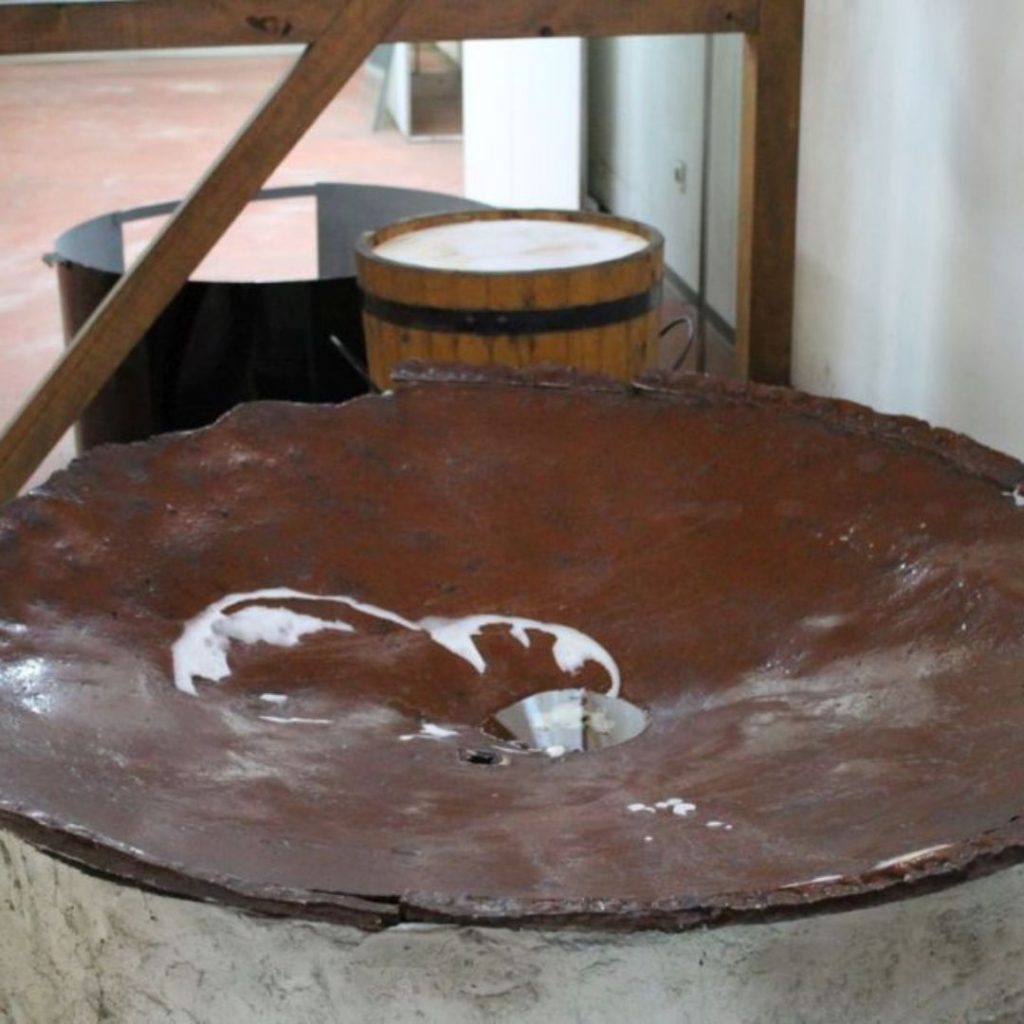
@tzgradatuzla
The museum is not merely a collection of artifacts; it is a journey through time, spanning from the Neolithic era to socialist Yugoslavia.
On display are traditional tools used in salt production, including the original salt boiling pan from the Ottoman period. The oldest written document, a trade agreement between Ban Kulin and Dubrovnik from 1189 concerning the salt monopoly, bears witness to the rich history of this place.
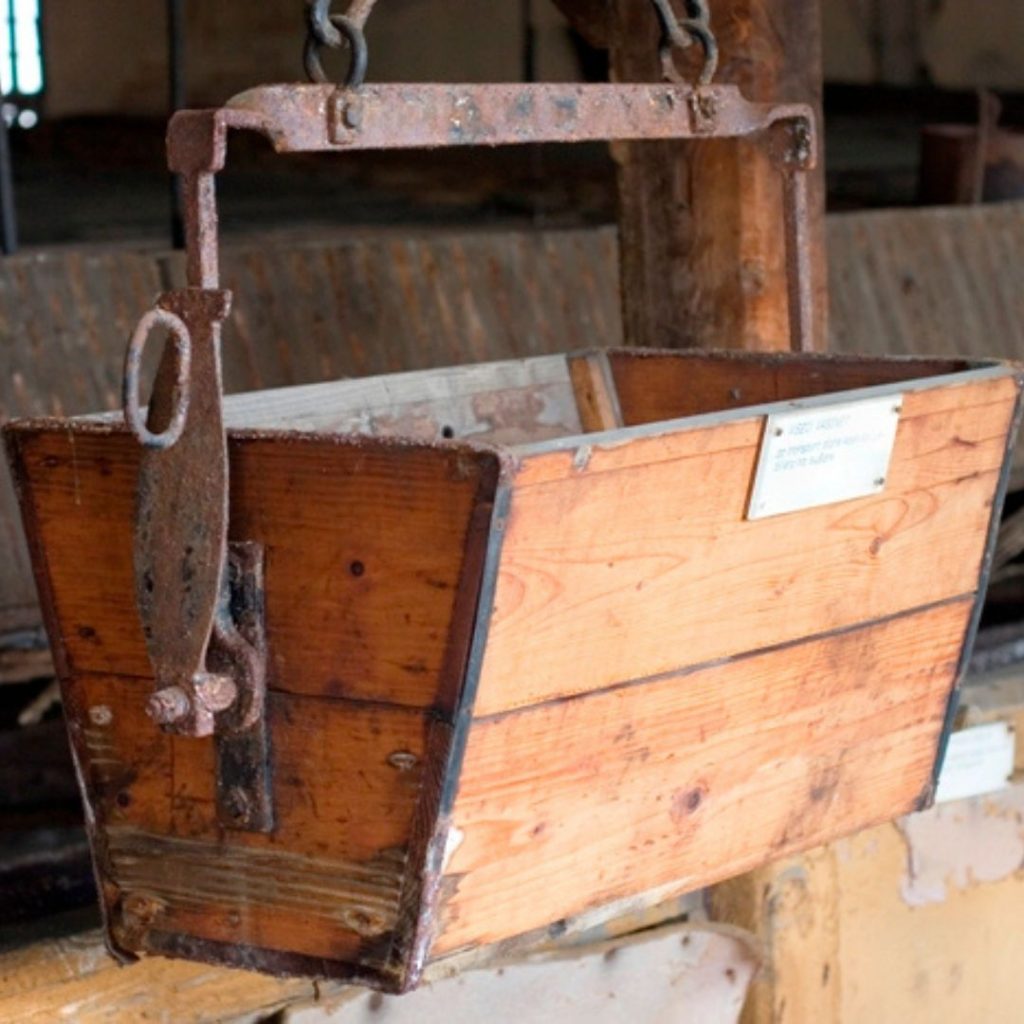
@tzgradatuzla
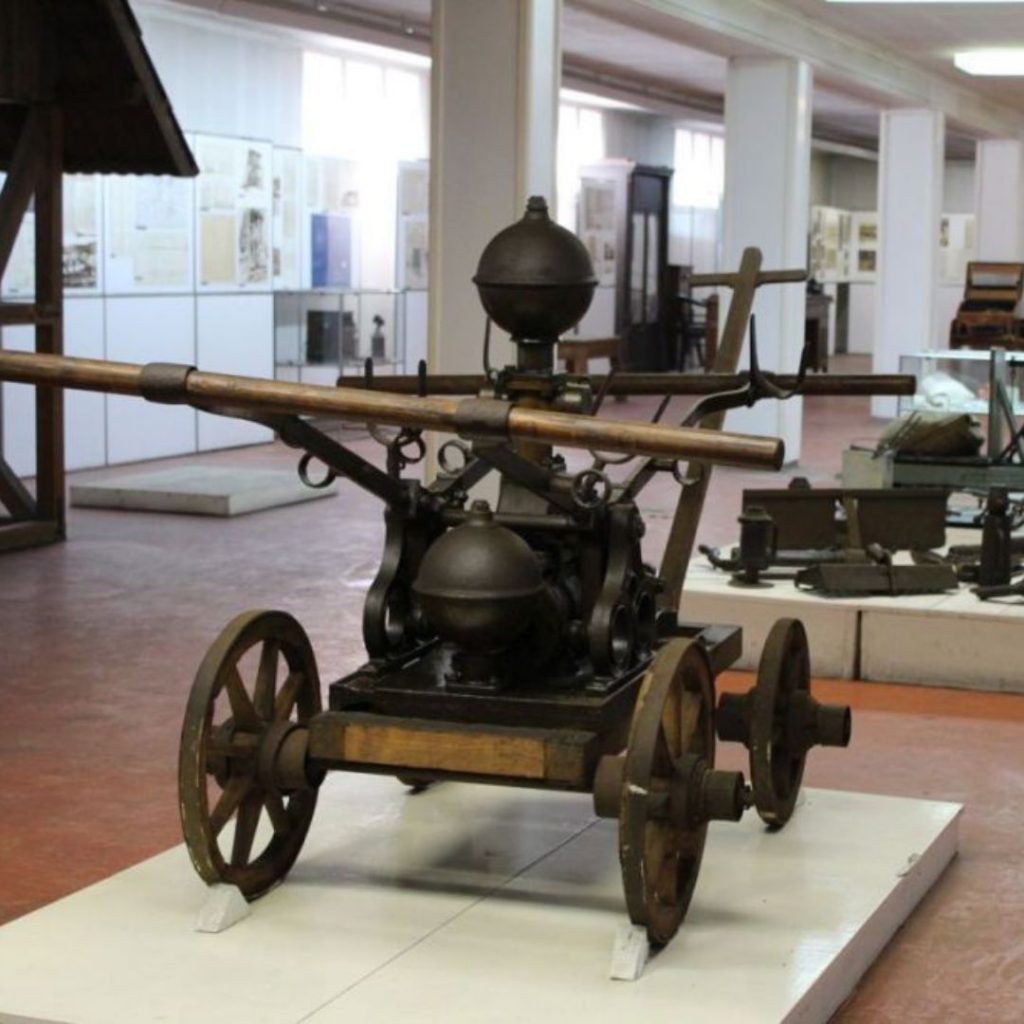
@tzgradatuzla
In addition to valuable exhibits, the museum houses works of art, paintings, and sculptures by renowned artists. A replica of a Neolithic salt boiling pan, crafted from original fragments of that era, alongside the original pan from the Ottoman period, constitutes just a fraction of the impressive collection.
Solana Tuzla has experienced several “golden ages,” with its first significant rise during the Austro-Hungarian Empire. The year 1885 marks the official beginning of industrial salt exploitation and the construction of the first Salt Works in Simin Han, the eastern part of Tuzla.
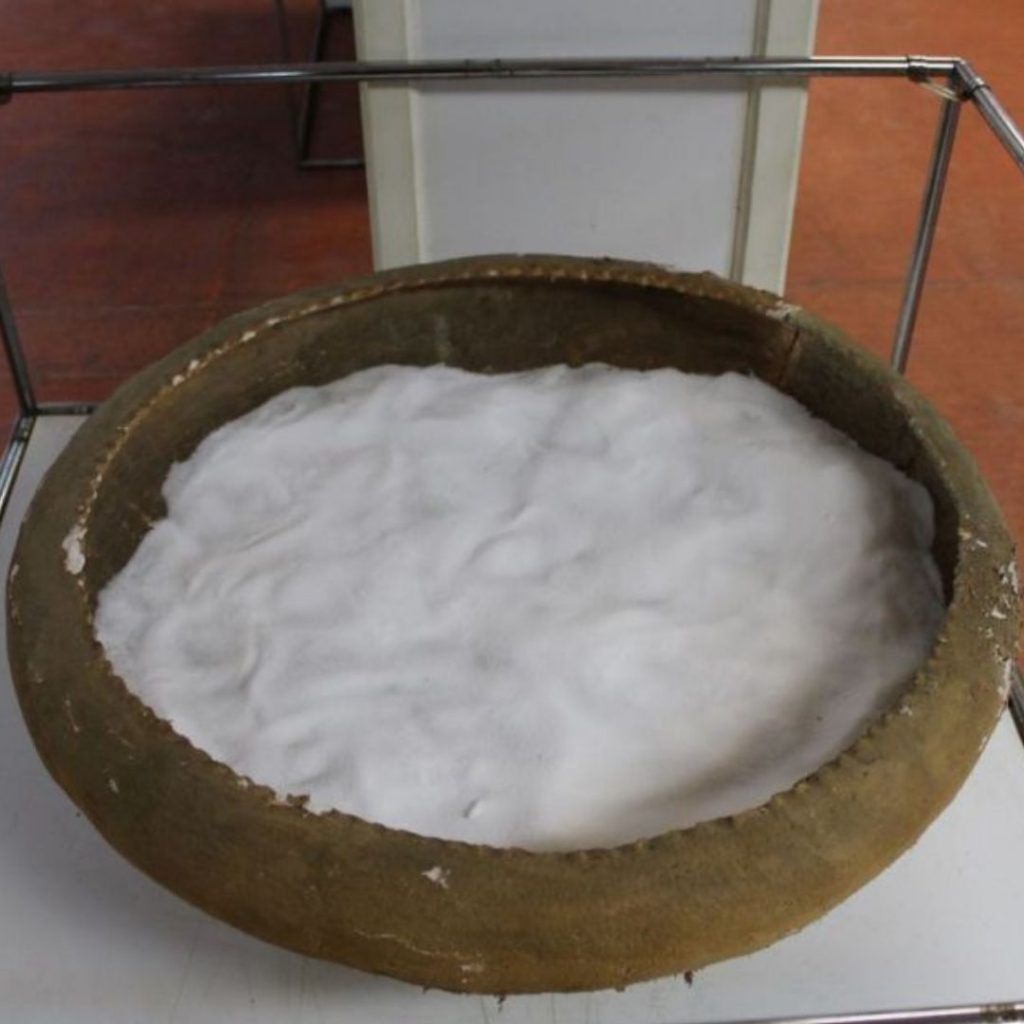
@tzgradatuzla
The “golden age” also encompasses the period of the former Yugoslavia, where the modernization of the work process significantly eased the labor previously characterized by substantial physical exertion.
It is crucial to note that the Commission for the Preservation of National Monuments of Bosnia and Herzegovina has designated Solana Tuzla, including the Salt Museum, as a national monument.
Visit is by appointment only!



